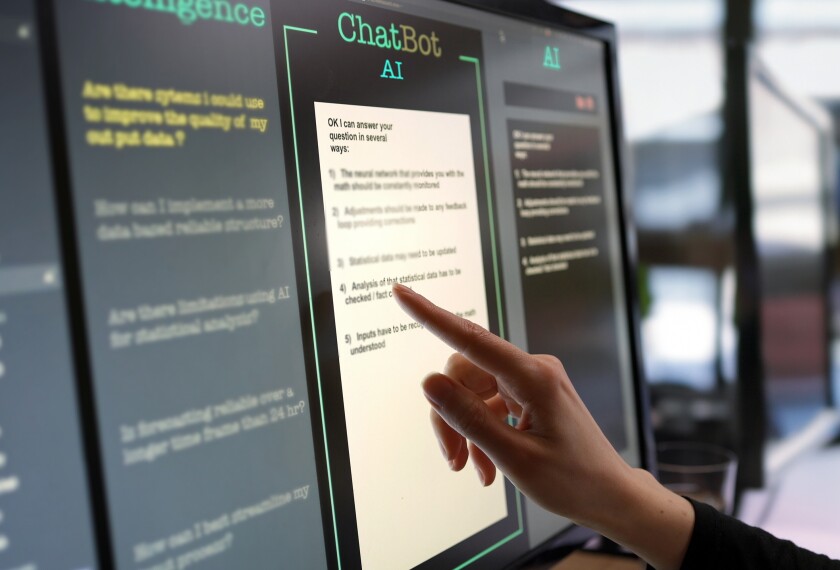The number of cyber charter schools could expand from two to as many as 15 under controversial legislation narrowly passed Thursday by the state House.
The bill—which passed on a 56-54 vote—also would allow the number of students who can enroll in each cyber charter to expand to as many as 10,000 each.
Currently, state law allows only two cyber charters to exist and caps enrollment in the first year to 400 and a maximum of 1,000 in subsequent years. The schools also were required to enroll a significant number of students who have dropped out of school.
The House, “took a big step into the 21st Century for students,” Dan Quisenberry, president of the organization, said in a news release Thursday.
Cyber charters are public schools where students take all of their course work online.
The charters were strongly opposed by many in the traditional K-12 public school community, including the Michigan Association of School Boards (MASB).
Don Wotruba, deputy director of MASB, said the group wanted more language in the bill that would ensure quality for the new cyber charters and make them more accountable.
“We’re disappointed to see the House pass it. Ultimately, we still don’t believe there are any real safeguards in place,” Wotruba said.
State Superintendent Mike Flanagan has said he doesn’t support cyber charter expansion until there are two years of performance data and there are clear rules for holding them to the same accountability standards as all public schools.
“Some cyber school models have shown to be successful in reaching struggling students, but we need to be prudent as we go forward to make sure the focus always remains on student achievement,” Flanagan said in a statement Thursday.
Only one Democrat—Shanelle Jackson of Detroit—voted for the bill. Eight Republicans voted against it, including Rep. Anthony Forlini, Harrison Township; Rep. Ben Glardon, Owosso; Rep. Ken Goike, Ray; Rep. Kenneth Horn, Frankenmuth; Rep. Joel Johnson, Clare; Rep. Paul Muxlow, Brown City; Rep. Peter Pettalia, Presque Isle, and Rep. Jeff Farrington, Utica.
The existing cyber schools—Michigan Virtual Charter Academy and Michigan Connections Academy—had enrollments of 800 and 638, respectively, this year. Both said they had long waiting lists.
The House bill differs from a version passed last year by the Michigan Senate. The bill now goes back to the Senate.
Under the House bill, up to five cyber charter schools could open by Dec. 31, 2013. The cap would increase to 10 by Dec. 31, 2014, and to 15 after that date.
The bill also would restrict enrollment in each cyber school to 2,500 in the first year, to no more than 5,000 in the second year, and no more than 10,000 in the third and subsequent years.
However, the number of new contracts issued for a cyber charter—and the number of students that could enroll—would be restricted if the total number of students enrolled in cyber charters exceeds 1% to 2% of the total statewide public school enrollment in the 2011-12 school year.



